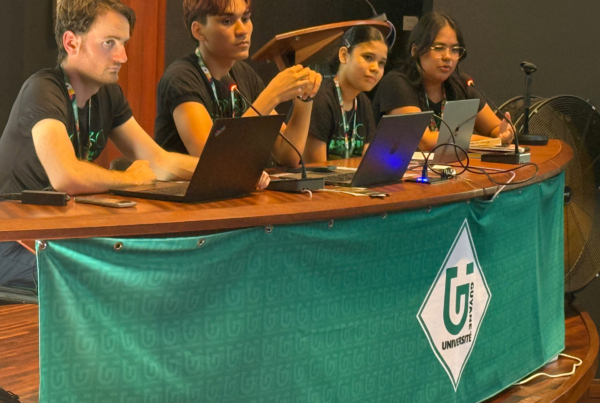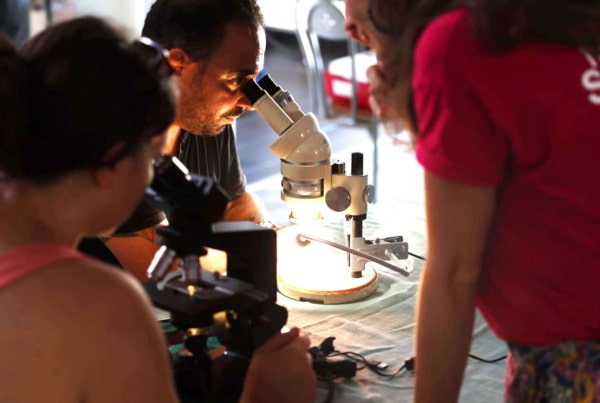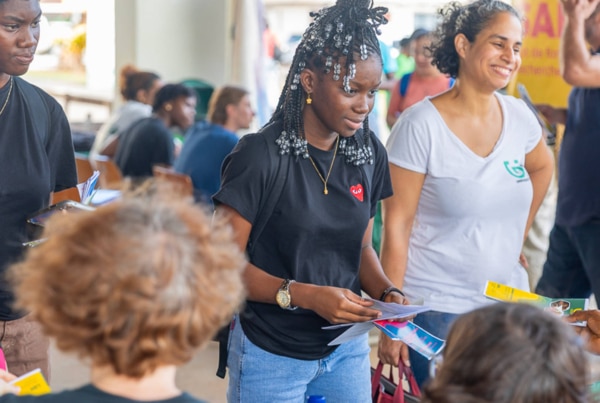
As part of the "Borders, Circulations, Interculturalities and Human-Milieu Interactions" seminar series, the Université de Guyane is pleased to invite you to a special lecture on the challenges of combating poverty in Brazil. This session will highlight the emblematic Bolsa Família social programme and its impact on the most vulnerable families in the state of Ceará.
Date and place :
Thursday 10 October 2024, 6pm to 8pm
Room 105Building F, 1st floor
Troubiran Campus, University of Guyana
This conference will inaugurate our first session of the academic year, and promises to be an enriching discussion on the effectiveness of public policies to combat poverty in Brazil.
In 2004, the Brazilian government launched the Bolsa Família programme (PBF) with the aim of guaranteeing a minimum income for families in precarious situations. This programme makes financial aid conditional on children attending school, which is considered both a parental duty and a fundamental right of children and teenagers.
The research that will be presented during this session aims to identify the factors that influence families' ability to comply with the school attendance requirements imposed by the programme. Carried out in 2016 among 400 mothers in the state of Ceará, the fourth poorest state in Brazil, the study reveals that school regularity depends not only on objective factors (such as the number of children, the presence of illnesses or partner support), but above all on the mothers' commitment to their children's education. This commitment, the key to success at school, reflects the importance that mothers attach to education as a means of social success.
Speaker's biography
Domingos Sávio Abreu is Professor of Sociology at the Federal University of Ceará. He holds a doctorate in sociology from the same university, obtained in 2000, as well as a master's degree from the Université Lumière Lyon 2 (France). He specialises in the study of public policies for homeless children and adolescents. Since 2015, his research has focused on the links between education and social inequality in Brazil. At the same time, he studies parenthood, particularly from the perspective of adoption and international adoption.
He recently coordinated the book O Bolsa Família e a Educação: Pesquisas no âmbito da Iniciativa Educação Pobreza e Desigualdade Social (EPDS/UFC, Pontes 2019).




